Lech Lecha
In Lech Lecha we meet Avram and Sarai, these two individuals who follow God’s command to leave their homeland and go to the land they (hope) they will know. Eventually their names will be change to Avraham and Sarah – each of them taking on a letter from one of the names we hold for the Divine Presence.
Lech Lecha follows immediately on the story of the tower of Babel where the peoples disobey God’s intentions and attempt to build towers into the heavens. In their hubris, wanting to unify and coalesce, rather than disperse through all lands speaking differing languages, they disobey God.More

 I look out onto our back porch and marvel again at this conjunction of joyous seasons. Our sukkah is up and colorful with hanging fabric walls, flowers, banana plant leaves and palm branches, a lulav and Etrog are awaiting to be shaken on the first morning of Sukkot – which also happens to be Canadian Thanksgiving.
I look out onto our back porch and marvel again at this conjunction of joyous seasons. Our sukkah is up and colorful with hanging fabric walls, flowers, banana plant leaves and palm branches, a lulav and Etrog are awaiting to be shaken on the first morning of Sukkot – which also happens to be Canadian Thanksgiving.
Vayera
November 8, 2022 by Rabbi Lynn Greenhough • From the Rabbi's Desk Tags: vayera •
This week Vayera opens with Avraham sitting in his tent. In the opening words of this parashah, God appeared to Avraham, but then in the next verse we read that Avraham lifted his eyes and perceived three men were standing over him. And then he ran towards them.
I find this sequence confusing – who actually appeared to Abraham? God? Three men? Three Angels? And if they were standing over him, to whom did Avraham run towards?More